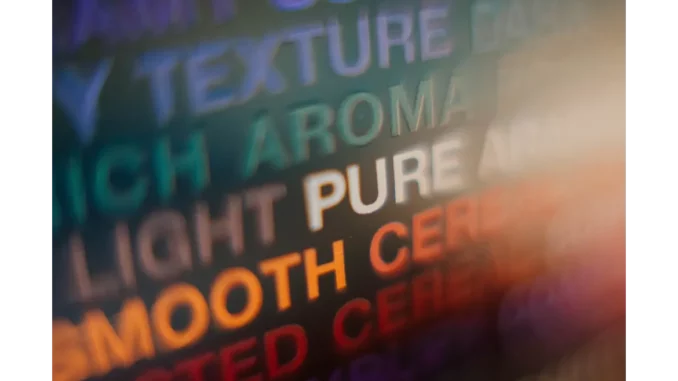
When I first met Sarah Collins, I was immediately drawn to her deep passion for winemaking. With over a decade of experience in the field, Sarah has become a well-respected figure among her peers. She currently holds the position of Head Winemaker at a prestigious vineyard in the heart of the English countryside. Our conversation centred around an intriguing question that has been circulating in the winemaking community: “Is it a good idea to make wine only from the juice? Is there any benefit at all? I mean not adding any water or diluting the must. Or is it better to blend?”
Sarah welcomed me into her quaint office, which was filled with an array of wine bottles from various vintages. After offering me a glass of their latest Chardonnay, she settled into her chair, ready to delve into the topic at hand.
The Allure of Pure Juice Winemaking
“Using only the pure juice of the grapes, without any dilution, is a method that has been around for centuries,” Sarah began. “It’s often referred to as ‘pure juice winemaking,’ and it essentially means fermenting the juice extracted from the grapes without adding any water or other substances.”
I could see the passion in her eyes as she spoke about the traditional methods. “There’s something almost magical about it. The idea is to capture the essence of the grape in its purest form. This method can produce some of the most authentic and robust wines you’ve ever tasted.”
Why Some Winemakers Dilute the Must
However, Sarah was quick to point out that not all winemakers adhere strictly to this method. “Diluting the must – the freshly crushed fruit juice that contains the skins, seeds, and stems – with water or other substances is a common practice. This is often done to balance the sugar content, acidity, and alcohol levels. It can also help in managing the fermentation process more effectively.”
She paused to take a sip of her Chardonnay before continuing. “The decision to dilute or not really depends on the style of wine you’re aiming to produce and the specific characteristics of the grape variety you’re working with.”
The Pros and Cons of Pure Juice Winemaking
When asked about the benefits of making wine exclusively from pure juice, Sarah was candid. “One of the main advantages is the concentration of flavours. Without dilution, you’re getting the full spectrum of the grape’s natural sugars, acids, and tannins. This can result in a wine with extraordinary depth and complexity.”
However, she also noted some potential drawbacks. “Pure juice winemaking can be quite challenging. The natural sugars can sometimes be too high, leading to very high alcohol levels, which might not be desirable for all wine styles. Additionally, the fermentation process can be more difficult to control, increasing the risk of spoilage or off-flavours.”
Balancing Tradition with Innovation
Sarah’s vineyard is known for its innovative approaches, yet they still respect traditional methods. “We love experimenting,” she said with a smile. “We’ve had great success with both pure juice and diluted must techniques. The key is to understand the grapes you’re working with and what you’re looking to achieve with the final product.”
She shared an interesting experiment they conducted recently. “We took the same batch of grapes and made two separate fermentations – one with pure juice and one with a diluted must. The difference in the final wines was fascinating. The pure juice wine had this incredible depth and intensity, while the diluted must wine was more balanced and approachable.”
The Verdict: Is Pure Juice Winemaking Worth It?
As our conversation drew to a close, I couldn’t help but wonder what Sarah’s final take on the matter was. “Is it a good idea to make wine only from the juice?” I asked.
Sarah leaned back thoughtfully. “It really depends on what you’re aiming for. If you’re looking for a wine with intense, concentrated flavours and you’re willing to navigate the challenges of fermentation, pure juice winemaking can be incredibly rewarding. However, if balance and consistency are your goals, then diluting the must might be a better option.”
She offered a piece of advice for aspiring winemakers. “Don’t be afraid to experiment. Winemaking is as much an art as it is a science. Each method has its merits, and sometimes the best approach is a blend of both.”
Conclusion
My conversation with Sarah Collins provided a nuanced perspective on the age-old question of pure juice winemaking. Her insights highlighted the complexity and beauty of the craft, reminding us that the best wines often come from a delicate balance of tradition and innovation. Whether you’re a seasoned winemaker or an enthusiastic amateur, there’s always something new to learn and explore in the world of wine.
By Jade Thompson


Be the first to comment